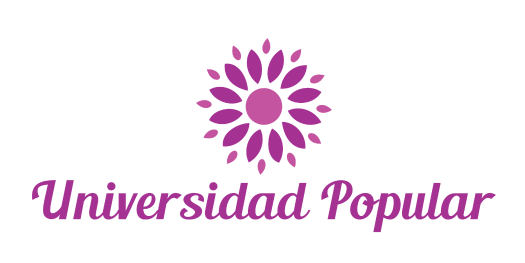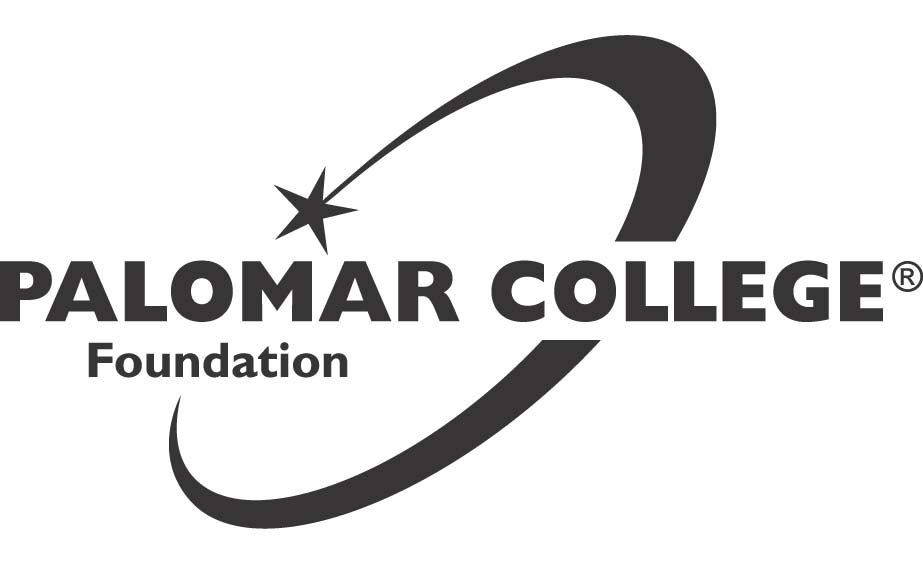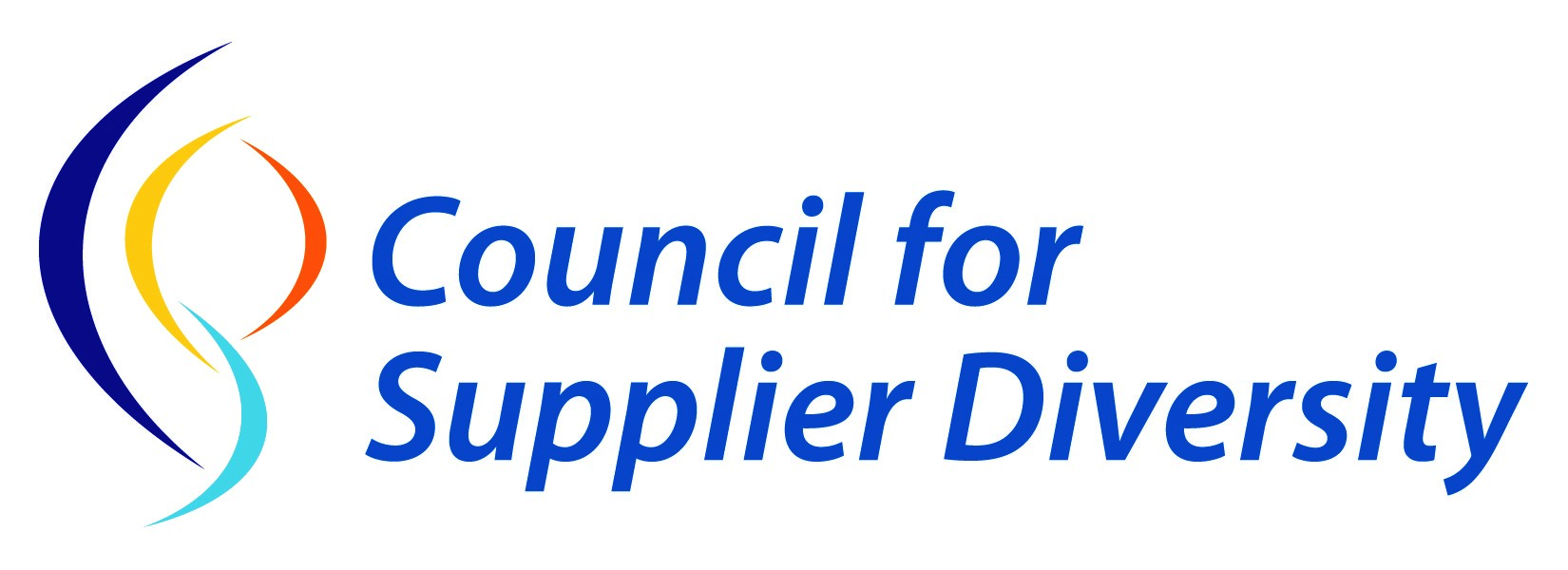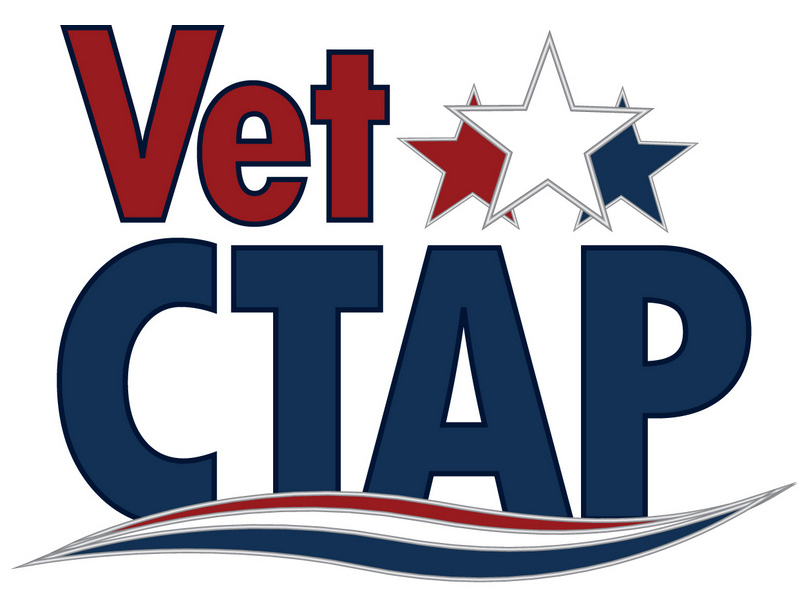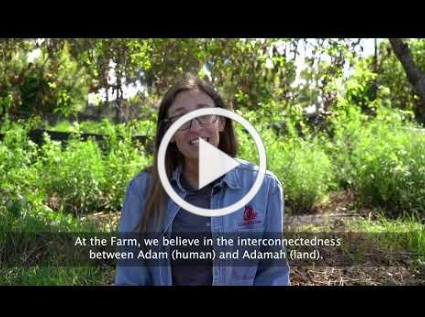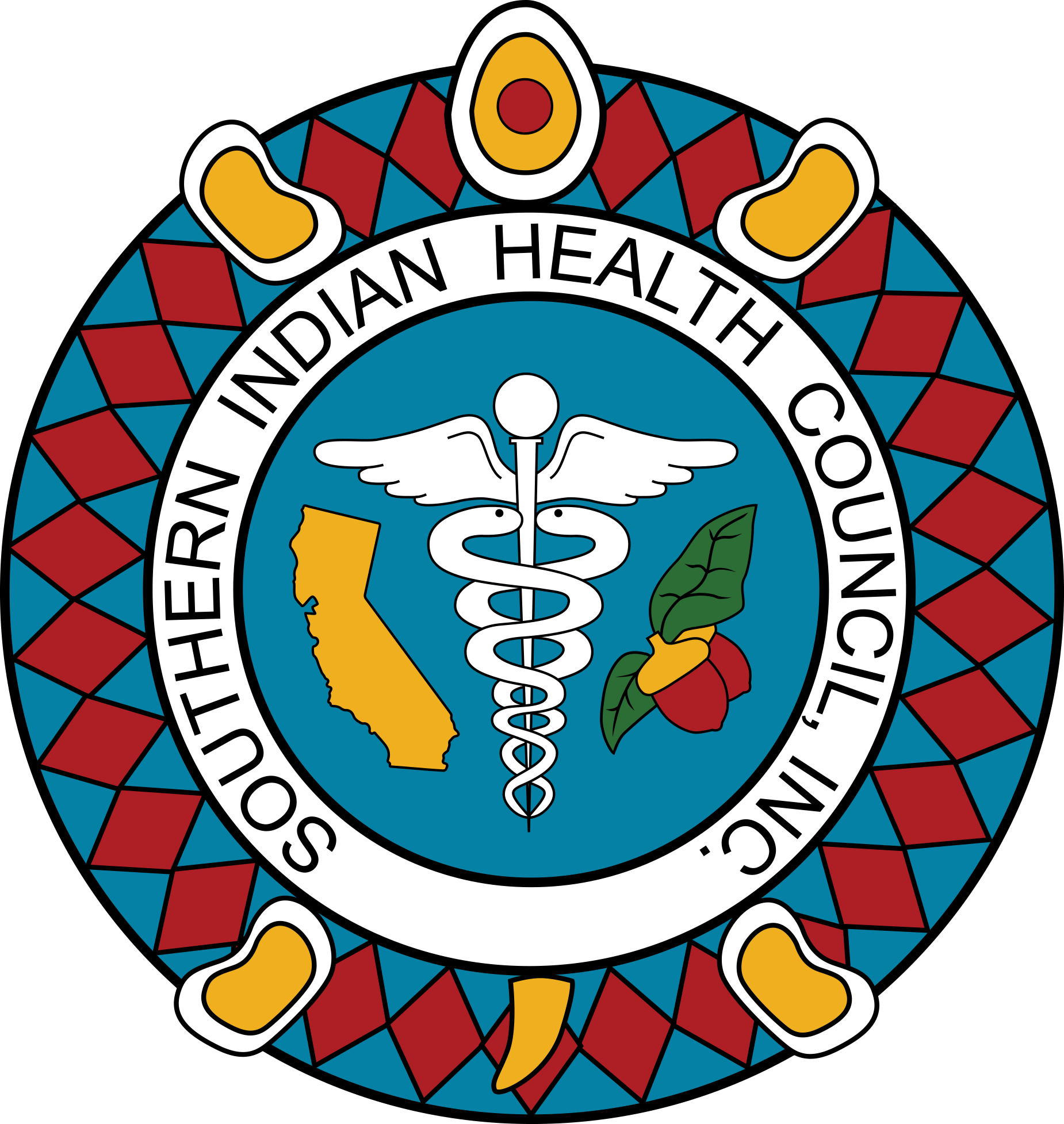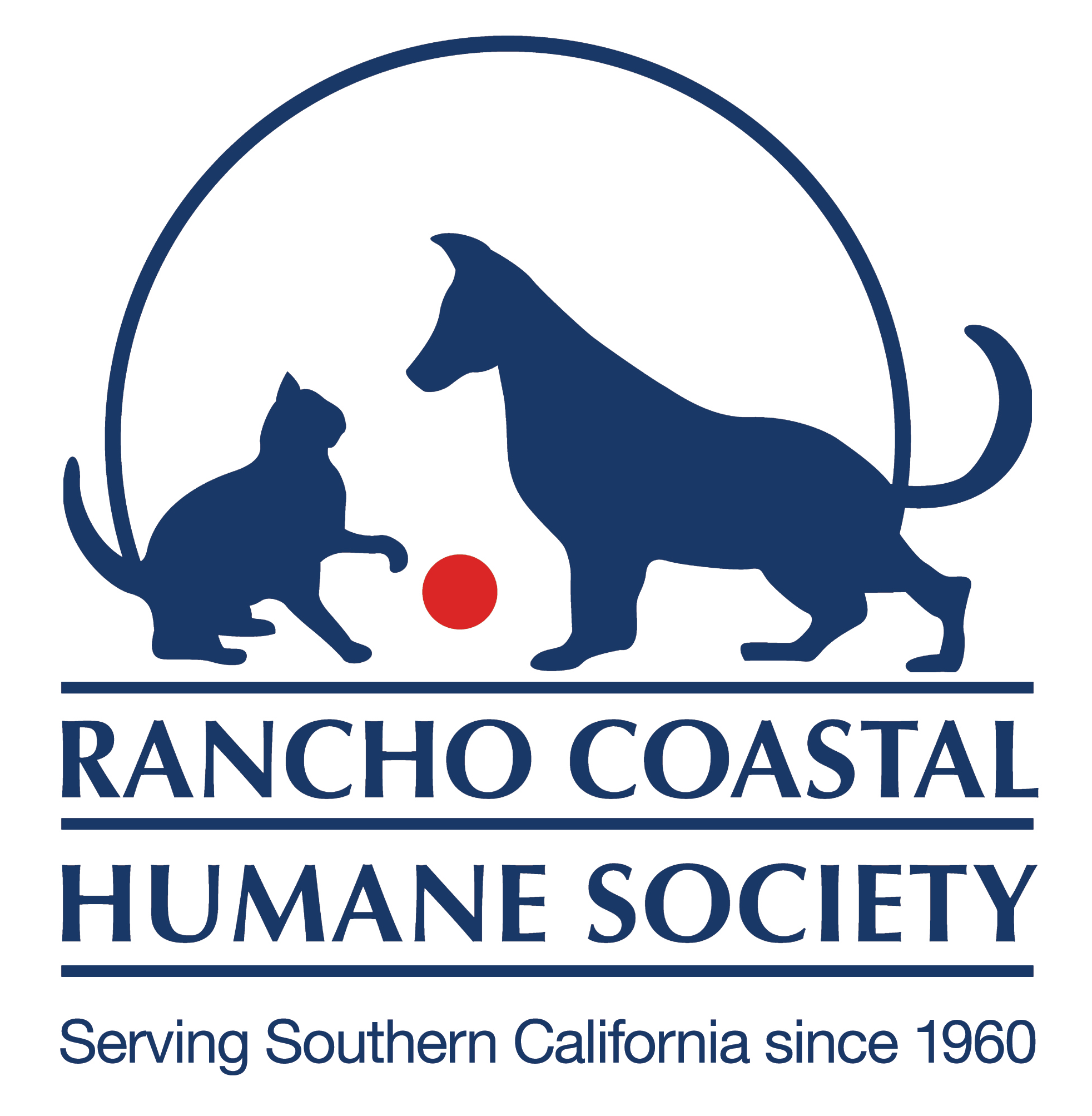Universidad Popular (UP), a grassroots community-based organization, was founded in 2012 in North County San Diego by a group of Chicana/Mexican/Latinx grassroots leaders with the mission of nurturing human dignity, multicultural appreciation, and a culture of trust and civic participation in our nation’s democratic process. Specifically, Universidad Popular aims to fill a major gap in human rights education, to foster multi-racial collaboration across agencies, organizations, and communities, and to center equity and social justice at the heart of its work.
Universidad Popular brings together diverse leaders and educators with bold ideas to envision and create innovative programs that are culturally/linguistically responsive, data-driven, and social justice focused. The organization employs a three-prong approach that is intergenerational, action-oriented, and culturally responsive:
1) INTERGENERATIONAL approach bridges generational ecosystems that serve elders, parents, and youth. The target Latinx and immigrant community has the largest population of limited English-speaking Mexican indigenous migrants and immigrants. The extended family unit approach reflects a culturally appropriate understanding of the Mexican/Latinx community.
2) ACTION-ORIENTED approach is based on educación popular, a pedagogy based on Paulo Freire’s (1970) method of dialectic interchange and kinesthetic learning. Information is presented through a culturally responsive lens in English, Spanish and bilingual formats which resonate with participants’ histories and lived experiences. An essential element to the model is empowerment and connecting students’ learning with their role in creating positive social change.
3) STRENGTH-BASED theoretical framework is based on Tara Yosso’s (2006) theory of “cultural wealth,” which is a strength-based framework that highlights the importance of familial and cultural beliefs, practices, skills, abilities, contacts, and knowledge. This novel approach, in synergy with the human rights framework, can greatly improve our work’s effectiveness helping to connect, rediscover and cultivate ancestral roots to new practices.
Universidad Popular’s community education classes include U.S. History/Government, Voting Rights, human rights, immigrant rights, Chicana/Chicanx Studies, Ethnic Studies, and Women/Gender Studies, Worker Rights, Leadership, Citizenship, Environmental Health and Justice, Emergency/Disaster preparedness, and Economic Justice. Most of the classes are offered in Spanish. For additional information, visit our website www.unipopulr.org.
—
Arcela Nuñez-Alvarez
Co-Founder and Co-Director
Universidad Popular
M: 760-484-1398 E: arcela@unipopular.org

